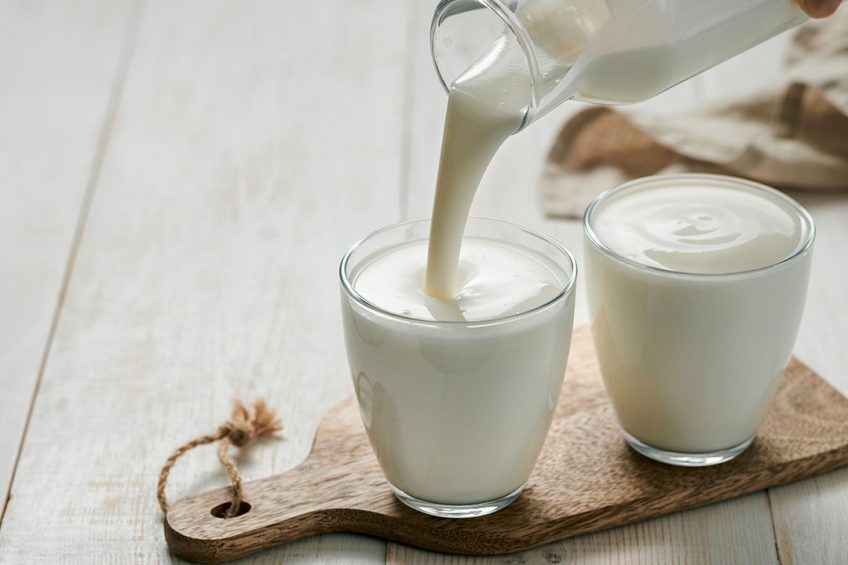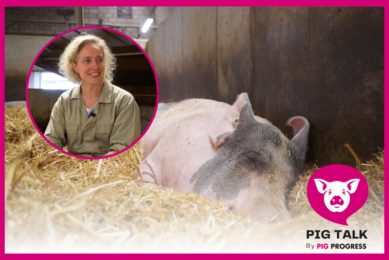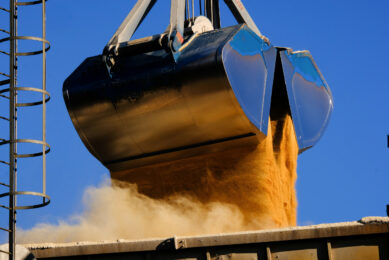Can kefir help reduce post-weaning diarrhoea in piglets?

In an attempt to find alternatives to antibiotics and zinc oxide in diets for piglets post-weaning, a new study at Ghent University in Belgium will zoom in on the use of kefir as feed ingredient. For the new project, farms and veterinary practitioners are still welcomed.
Kefir is a fermented milk product, originating from the North Caucasus. It is an acid fermented milk product containing numerous probiotic bacteria that has been shown to protect against enteric viral and bacterial pathogens, stimulate both the innate and the adaptive immunity, as well as providing a continued liquid feed to which the gut of piglets is enzymatically adapted.
Kefir as feed additive to reduce diarrhoea
Ghent University in Belgium is a well-known knowledge institute for antibiotic reduction worldwide. The university’s professor Jeroen Dewulf together with Dr Anna-Catharina Berge, of Berge Veterinary Consulting, therefore embraced the opportunity to test kefir as a multifunctional feed additive to reduce post-weaning diarrhoea. The potential to use it, however, has not been fully evaluated and used in pig production, they said.
The upcoming small pilot study will be carried out by master thesis student Maria Vermeulen and aims to evaluate whether supplementing post-weaning piglets’ feed with kefir could reduce diarrhoea occurrence as well as severity in piglets after weaning, and thereby reduce prophylactic and metaphylactic antimicrobial use for this indication. Diarrhoea is the primary outcome and secondary outcomes are average daily gain, feed conversion, antimicrobial use, zinc oxide use, and other variables suitable for evaluation based upon the farm records.
Commercial raw cow milk kefir
For the study, a commercial raw cow milk kefir will be used, which is produced by the Raw Milk Company, based in Lotte, the Netherlands. The kefir will be provided as an additional liquid feed in separate liquid feed troughs (such as turkey hoppers) for the piglets in the first 2 weeks post-weaning. The kefir will then be diluted 1 to 4 with water.
The study will take place at commercial pig farms. In a farm using milk replacers for weaners, the control groups will be provided milk replacer, otherwise water will be provided in the liquid feed troughs. The treatment and control will be assigned to batches of piglets weaned into the same weaner pen. Every group weaned will receive either kefir or control. There will be an equal amount of pens assigned to the treatment and control groups.
Evaluating ADG and FCR post-weaning
Diarrhoea scores will be evaluated for the first 4 weeks post-weaning. Vermeulen will perform scoring at weekly intervals, and the farm personnel will record scores daily. Average daily gain and feed conversion will be evaluated over the whole post-weaning period based upon the farm’s weighing schedules. Antimicrobial use records will be evaluated for all pens included in the pilot study.
The study would still be welcoming both farms and veterinary practitioners who would be willing to participate in the trial. They can do so by contacting cat@bergevetconsulting.com.











